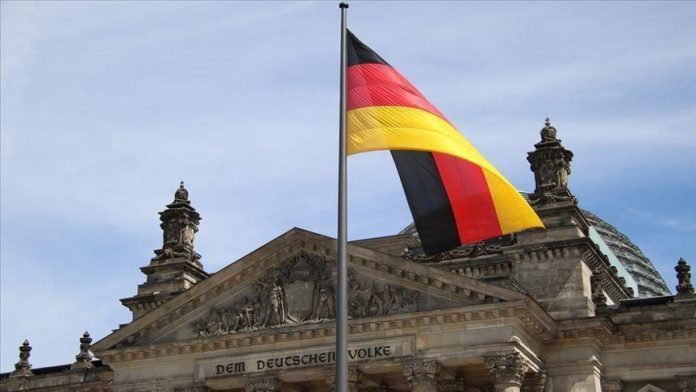Germany will start relaxing border controls with at least three countries on Saturday. The government hopes these borders will be completely open by June 15. Follow DW for the latest.
Interior Minister Horst Seehofer told reporters Europe’s top economy had “set the clear goal of free travel in Europe by mid-June” and would begin easing some border checks this week.
Restrictions on crossing the border imposed two months ago would be ended with Luxembourg and eased with Austria, Switzerland and France from Friday, enabling business trips and family visits to take place.
The border controls with those neighbours would then end on June 15th, assuming the virus outbreak is still seen to be under control.
The total opening of borders “depends on our continuing to do our all to fight the infection”, Seehofer said, warning against complacency in light of the encouraging data in Germany.
Seehofer said the agreements on loosening the measures had been reached in bilateral talks with neighbours this week.
He said that travel from non-EU countries such as the United States and Russia would remain restricted until at least June 15th.
Germany still has a warning in force until mid-June against taking foreign holidays despite the easing of regulations among European partners.
“We can surely ease the travel warning for Europe sooner than for other destinations, assuming the positive trend in several countries holds steady,” Foreign Minister Heiko Maas said.
With the tourism sector reeling, the European Commission on Wednesday urged
EU countries to gradually reopen shuttered internal borders and to treat each
member state according to the same criteria.
This would mean that countries with comparable health situations would use the same standards on border openings.
Use of all borders
Furthermore, all border crossings will again be allowed to be used, reported DPA. In recent weeks, only a few major routes were open for cross-border traffic.
In many places this had led to traffic jams and detours for commuters. In future, the federal police should only carry out “flexible and risk-based” checks, and “not as systematically as before,” said Seehofer.
For the last two months, those who have a “good reason” to cross the border – such as commuters, medical workers or EU citizens on their way home – have been allowed to enter into Germany.
Depending on the case, people were also sometimes allowed to cross due to caring for relatives, or for other family reasons.
This Wednesday, the EU Commission will also present a plan for the cautious opening of the internal borders in Europe.
According to a draft submitted to DPA, controls are to be gradually lifted throughout Europe.
However, even as controls are lifted, Seehofer urged Germans to refrain from holiday trips abroad for the time being – also because a return trip could become difficult due to possible newly imposed coronavirus measures.
“It is European to fight a dangerous virus together. It is not European to evade joint responsibility for uncomfortable measures,” Seehofer said.
Earlier on Wednesday, Austria also announced that it was planning to open up its border with Germany on June 15th.













